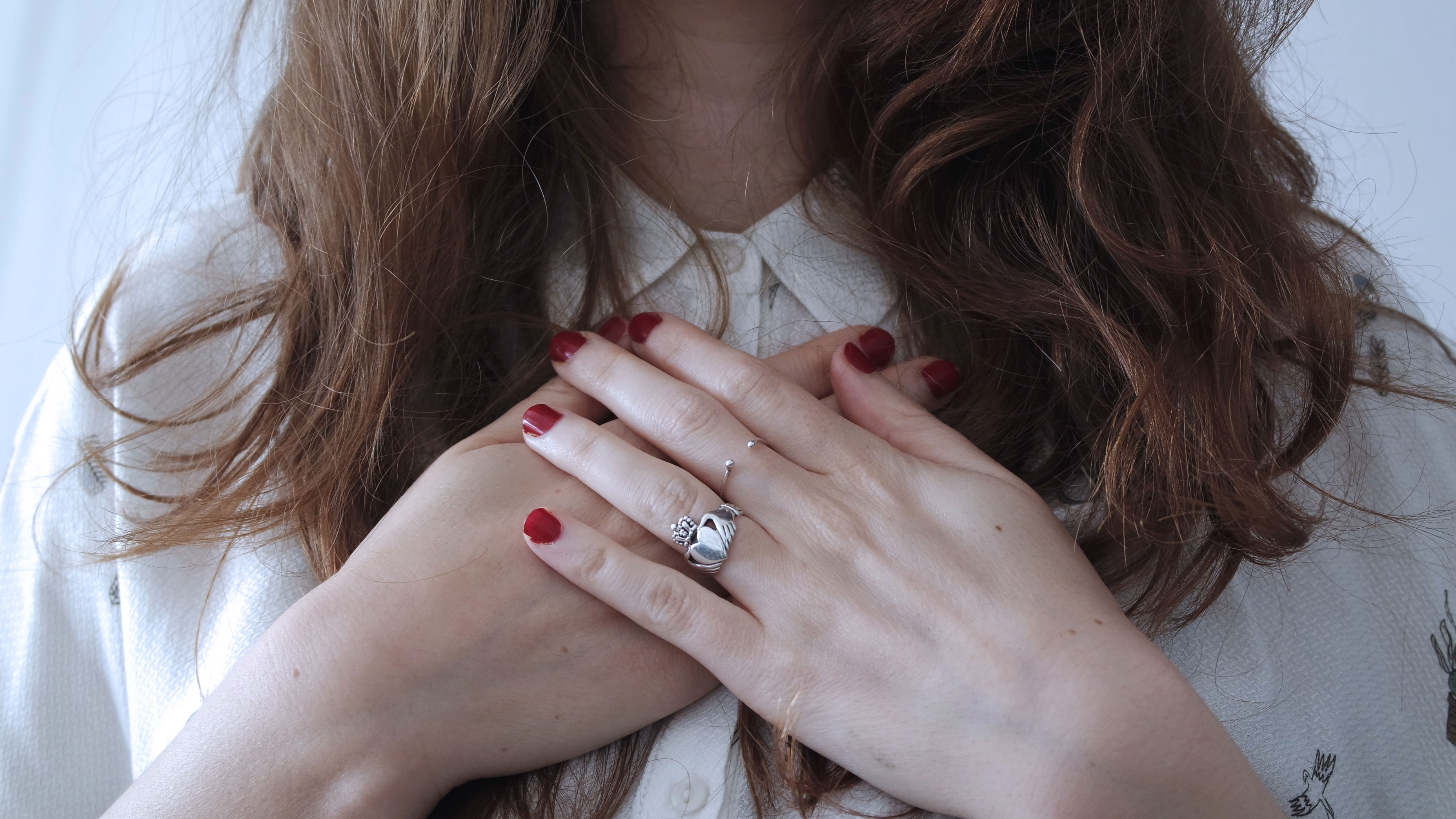When did we forget to feel average?
In a world where feelings can swing from ecstatic to seriously stressed, have we lost our emotional middle ground? asks Pandora Sykes

In a world where feelings can swing from ecstatic to seriously stressed, have we lost our emotional middle ground? asks Pandora Sykes
Words by Pandora Sykes
My preoccupation with emotional expression began when I was ten. I was weeping over something insignificant when my mother told me, stoically, ‘Crying doesn’t solve anything.’ As an adult, I remain demonstrative (read: dramatic) with my feelings. ‘But I just wanted you to know how I felt’, may well be my epitaph.
It’s not just me. Culturally, my generation swings from ecstatic to devastated in a matter of minutes. We live in politically polarised times − a post-truth world where feelings and opinions outdo facts − and it’s seeping into our dialogue. Scrolling through my WhatsApp missives from friends reveals similar schisms of sentiment. No one is just OK; they’re ‘SO great!’ or ‘f*cking stressed’. Cue a barrage of emojis or a ‘U ok hun?’ There is a glamour in failure, which can make it as seductive as success. We’re much happier to be having ‘The. Worst. Week. Ever’ than we are to embrace the (more comforting) average.
According to Suky Macpherson, a chartered psychologist and Associate Fellow of The British Psychological Society, millennials have been reared without good emotional regulation skills, partly due to baby-boomer parents who, raised by strict and repressive wartime parents, weaned millennials to self-express. ‘There’s a huge sense that those aged 18-35 have grown up externalising themselves all over the place, hoping that people are interested,’ explains Macpherson.
And where better to externalise our thoughts and feelings than on social media? Thanks to Twitter, we have taught ourselves to express weighty sentiments in a mere 140 characters, the economy of the letters forcing us to round up or down, emotionally. ‘Who’d have thought, 20 years ago, that you’d announce the death of a parent on Facebook?’ points out chartered occupational psychologist Dr Amanda Potter. But what are the emotional ramifications of laying bare your grief − and joy − in this way?
‘We become unrealistic in our emotional responses, not recognising the odds of failure, always seeking, and hoping, for a positive outcome to share,’ says Dr Potter. ‘OK is not good enough any more; we are constantly looking to be a better-presented version of ourselves. We may prefer the Snapchat-filtered image, with butterflies above our head and flowers in our hair, but that sets an unrealistic expectation of ourselves and our experiences.’
Celebrity news, beauty, fashion advice, and fascinating features, delivered straight to your inbox!
I find my own emotional arc overwhelming at times, but I’m not sure I’d trade it for an emotional flatline. Macpherson cites the 2012 book, Quiet: The Power Of Introverts In A World That Can’t Stop Talking as an example of how we can teach ourselves to self-express without the noisy dramatics. ‘It’s a question of not pitching ourselves wildly above or below our capabilities, avoiding knee-jerk reactions and accepting that OK is good enough,’ says Dr Potter. Well, that sounds OK to me.
The leading destination for fashion, beauty, shopping and finger-on-the-pulse views on the latest issues. Marie Claire's travel content helps you delight in discovering new destinations around the globe, offering a unique – and sometimes unchartered – travel experience. From new hotel openings to the destinations tipped to take over our travel calendars, this iconic name has it covered.